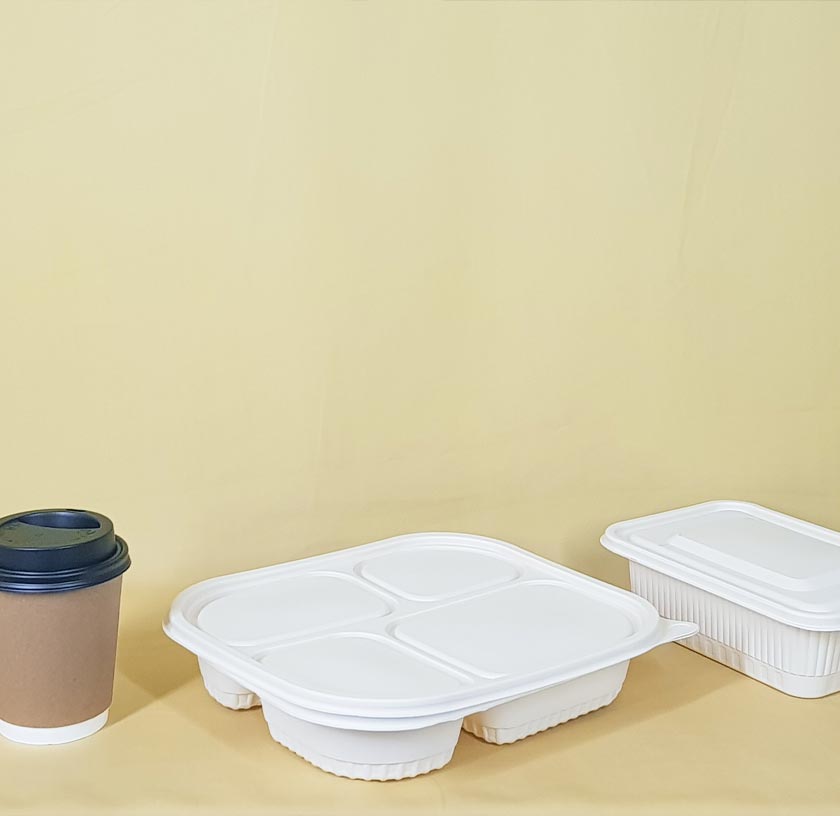Food grade certification & its application
19 October 2021

When we go to our local store, we see most of our foods in plastic cases. That type of plastic is called “food grade plastic” and it’s said to be safe. According to the FDA, there are different types of plastics that can be used to package, manufacture, transport or store food without having any technical effects such as leaching (this would affect food/beverage taste).
What kind of food grade plastics are approved by the FDA?
Polyethylene Terephthalate
Polyethylene Terephthalate, also known as PETE or PET is a code 1 product and it has a flexural modulus, very good strength, wear resistance and it covers a stellar dimensional stability. That’s the reason why it’s one of the most popular options. You can encounter this material in the case of salad dressing containers, soda bottles and anything similar. It doesn’t corrode, and it also repels microorganisms, which makes it suitable for beverages and food.
Polypropylene
Polypropylene (PP) is very good for long-life containers. That’s why you can find it in Tupperware and Sistema for instance, as it is good for storing any type of leftovers, cakes etc. This material is great because it is not volatile, not to mention it is microwave and dishwasher safe too. It doesn’t react with the food or drinks, no matter if they are basic or acidic.
Polycarbonate
Polycarbonate (PC) does have some bisphenol A in its resin, but according to the FDA studies, this compound is safe to use for any food grade storage. You can find Polycarbonate is used primarily for water bottles, outdoor drinking glasses etc.
Low-Density Polyethylene
Low-Density Polyethylene or LDPE is known for being a less rigid plastic when compared to the other options above. That’s why it’s known as the ideal option for plastic film, squeeze bottles, milk bottles, yogurt containers and many others. It also offers a variety of benefits, like repelling microorganisms, chemical resistance and it even helps prevent any toxin leeching. One thing to note is that it’s not suitable for food contact if it’s recycled. So it can’t be reused, unlike most plastics in this list.
High-Density Polyethylene
High-Density Polyethylene is the most common type of household plastic. It’s used for all kinds of stuff, such as food storage buckets, cereal and cooking containers, even drink bottles. An important aspect is that every HDPE product is considered on a case-by-case basis. Sometimes it can be unsafe when it’s recycled, just like LDPE.
Which is the better option?
As you can see, each one of these food grade plastics has its fair share of different benefits and uses. Generally, one of the most common and safest options is Polypropylene. It doesn’t lead to cancer, and it’s also less flammable. Just like all the others, there can be some toxicity in the containers, but the levels are very low and Polypropylene is FDA approved to be used for food storage.
The BPA amounts are safe for humans too, although Polypropylene is not fully BPA free. It’s up to the manufacturers to study the pros and cons of each type of food grade plastics. However, customers should always understand the downsides of all food grade plastics and choose accordingly. That’s why these certifications exist, and they are provided by companies like ServSafe, NSF or the FDA.